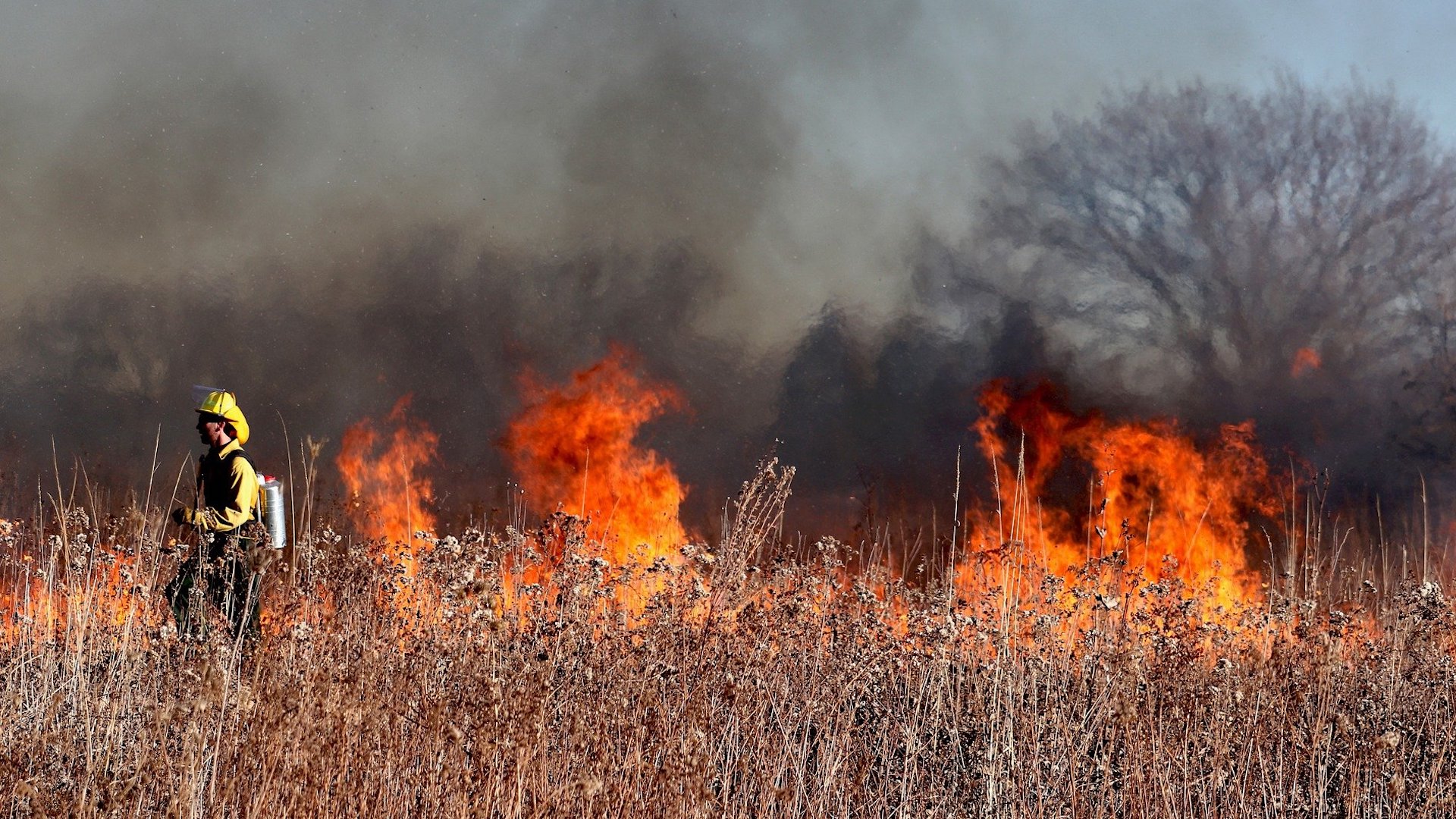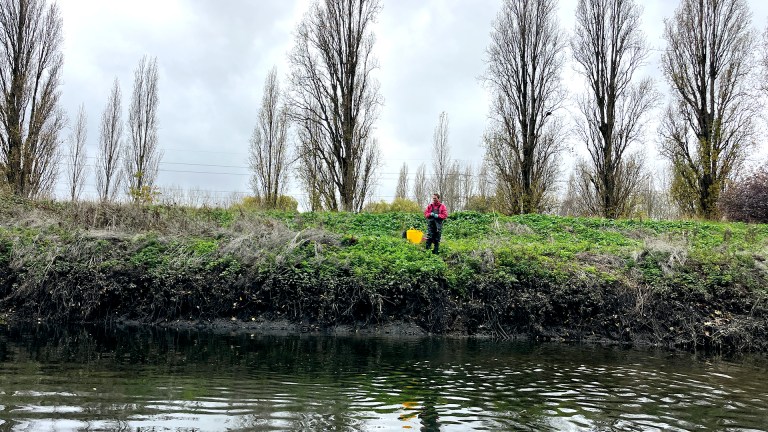But experts have warned this must not distract from the radical action needed to reverse the climate crisis.
Ahead of COP26 taking place in Glasgow later this year, the AAC was set up to help countries and communities “adapt and build resilience to the impacts of climate change” – citing early warning systems for storms, investment in flood drainage and drought-resistant crops as ways the initiative will look to future-proof areas against the worst of the climate crisis.
The announcement coincided with the latest Global Climate Risk Index figures which showed nearly 475,000 people have died as a result of more than 11,000 extreme weather events since the year 2000.
“It is not clear from the UK government’s statement how the Adaptation Action Coalition will work,” Trent said. “To prove this is not simply greenwash these encouraging words must translate into action, directing increased funds to local communities and giving them the chance for meaningful input to decision-making.”
It’s a fact that some impacts of the climate crisis are now locked in place
The Government recently came under fire for approving plans for a new coal mine in West Cumbria, which campaigners said undermined ministers’ commitment to phasing out fossil fuels.
Trent agreed it is “vital climate adaptation is given proper consideration”, adding: “There are significant consequences to the climate crisis that can no longer be prevented. The greatest burden will be borne by communities in the global south, in developing nations.”
Advertising helps fund Big Issue’s mission to end poverty
Up to 99 per cent of all deaths from weather-related disasters occur in the world’s 50 least developed countries, according to the Global Humanitarian Forum, which contribute less than one per cent of global carbon emissions.
“In every nation around the world this is played out again on a smaller scale,” Trent said. “Poorer and more marginalised communities cannot be allowed to bear the brunt of a crisis they did not cause.
“Failure to tackle our carbon emissions with ambitious, well-designed policy will result in countless more people dying and made homeless and destitute as a result of global heating.”
The Government said last year’s Australian forest fires and recent cyclones in Mozambique are signs that without action, more people will suffer and lose their livelihoods.
Announcing the coalition in a virtual address to the Netherlands-hosted Climate Adaptation Summit, the Prime Minister said: “It is undeniable that climate change is already upon us and is already devastating lives and economies. We must adapt to our changing climate, and we must do so now.
Advertising helps fund Big Issue’s mission to end poverty
“I’ll be making the need for a resilient recovery a priority of the UK’s G7 presidency this year. To make sure we get not just warm words but real change, I am today launching an all-new Adaptation Action Coalition to set the agenda ahead of COP26.
“Let’s work together to adapt, to become more resilient, and to save lives.”
The UK Government has committed an extra £5.2 billion to new flood and coastal defence schemes as climate change drives increased rainfall.
Alok Sharma, former business secretary and president of the COP26 climate conference, reiterated that “the most vulnerable are at the greatest risk from climate change, and that they have done the least to cause it”.
“Action to address this and build resilience is needed now, before more people lose lives or livelihoods,” he added.
The AAC will gather evidence from scientists, businesses and wider society to act as a forum for developing ideas that could protect vulnerable communities on a local, regional and global scale.
Advertising helps fund Big Issue’s mission to end poverty
“It’s a fact that some impacts of the climate crisis are now locked in place because of current emissions, and the failure to deal with them sooner,” Friends of the Earth climate campaigner Rachel Kennerley told The Big Issue.
“Adaptation measures such as new sea defences are really important, but we mustn’t forget that communities also need support with the loss and damage that’s already happening due to climate breakdown, for example repairs to local infrastructure.
“This means increased financial and technological support from the UK to help poorer countries, who did the least to cause the climate crisis, and also skill-sharing and research, for example, weather warning systems.”





